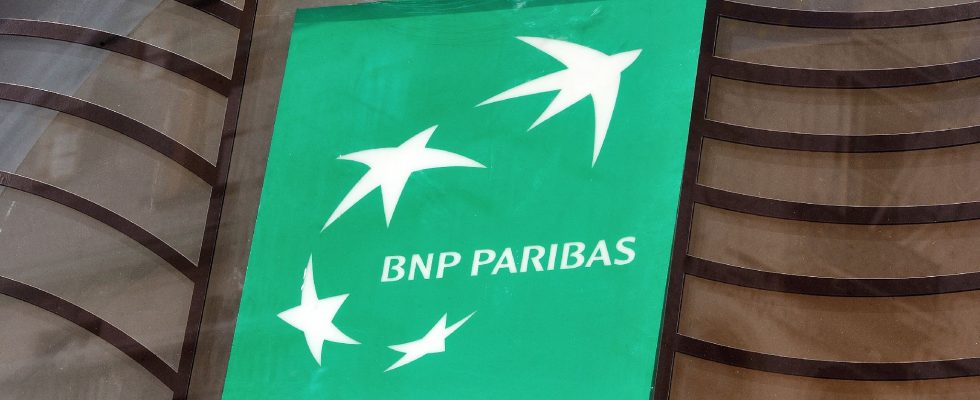The operation is on an unprecedented scale. Several searches are underway on Tuesday in five French banking establishments in Paris and La Défense on suspicion of aggravated tax evasion, the National Financial Prosecutor’s Office (PNF) said on Tuesday, confirming information from the World.
Société Générale, BNP Paribas, Exane (a subsidiary of BNP), Natixis and HSBC, are targeted according to The world.
Who is leading the investigation?
According to the public prosecutor, these operations are carried out by 150 investigators from Bercy, 16 French magistrates and 6 Germans, as part of investigations opened at the end of 2021 by the PNF on “CumCum”, a tax scheme on dividends whose damage for States would amount to more than a hundred billion euros.
“The ongoing operations, which required several months of preparation, are being carried out by 16 magistrates from the PNF and more than 150 investigators from the financial judicial investigation service (SEJF), in the presence of six German prosecutors from the Cologne public prosecutor’s office intervening in the framework of European judicial cooperation”, added the public prosecutor.
Where did the scandal start?
According to the public prosecutor, “some of these investigations follow a complaint”, filed at the end of 2018 by a collective “Citizens in an organized gang” around the boss of PS deputies Boris Vallaud, “or a mandatory denunciation of the tax administration” , which dates according to The world from the end of 2021.
The daily also affirms that the General Directorate of Public Finance (DGFip) “made its first tax adjustments at the end of 2021” concerning some of these banks “for sums counted in tens, even hundreds of millions of euros.” A group of sixteen media revealed in 2018 via the “CumEx Files” these suspicions of giant tax fraud.
The amount, initially estimated at 55 billion euros, had been significantly increased in 2021 by the consortium, rising to 140 billion euros over twenty years.
What is “CumCum”?
The so-called “CumCum” practice in financial jargon consists of escaping the tax on dividends which must in principle be paid by foreign holders of shares in listed French companies.
To take advantage of the scheme, these owners of shares, small savers or large investment funds, entrust their securities to a bank when the tax is collected, thus escaping taxation.
The banks would have played an intermediary role, while charging a commission to the holders of shares.
